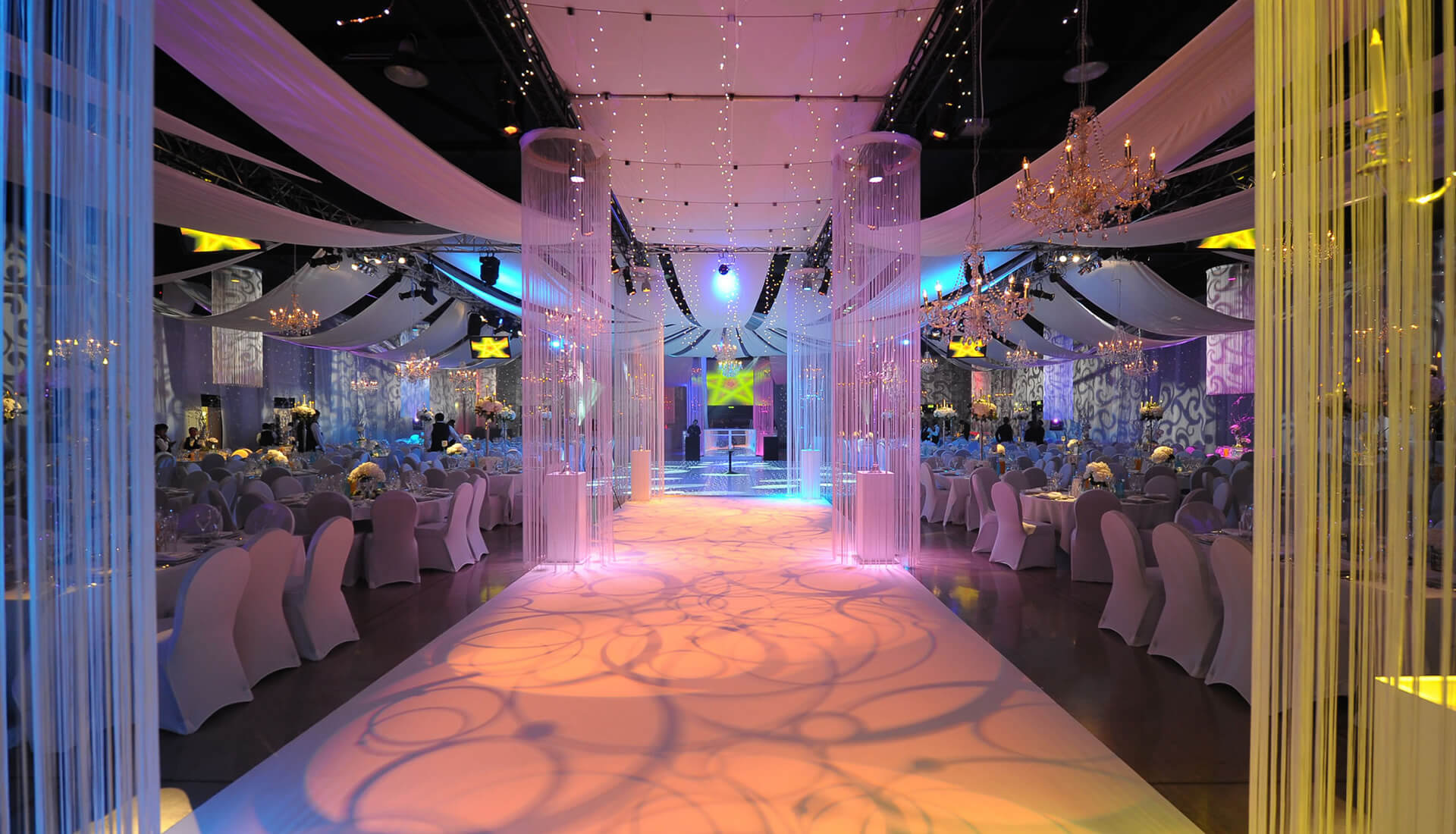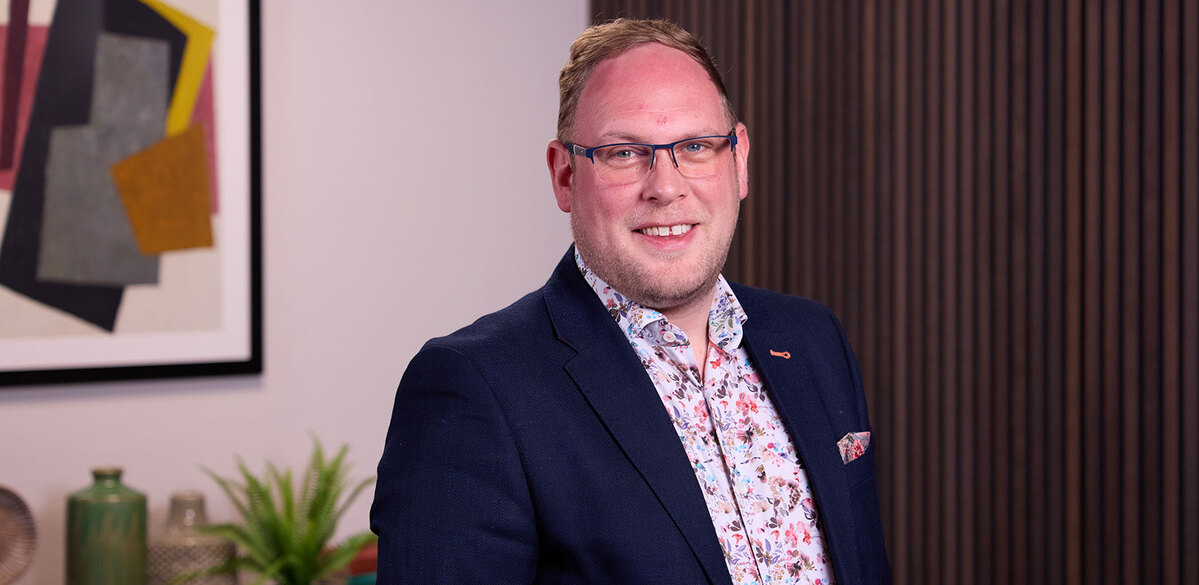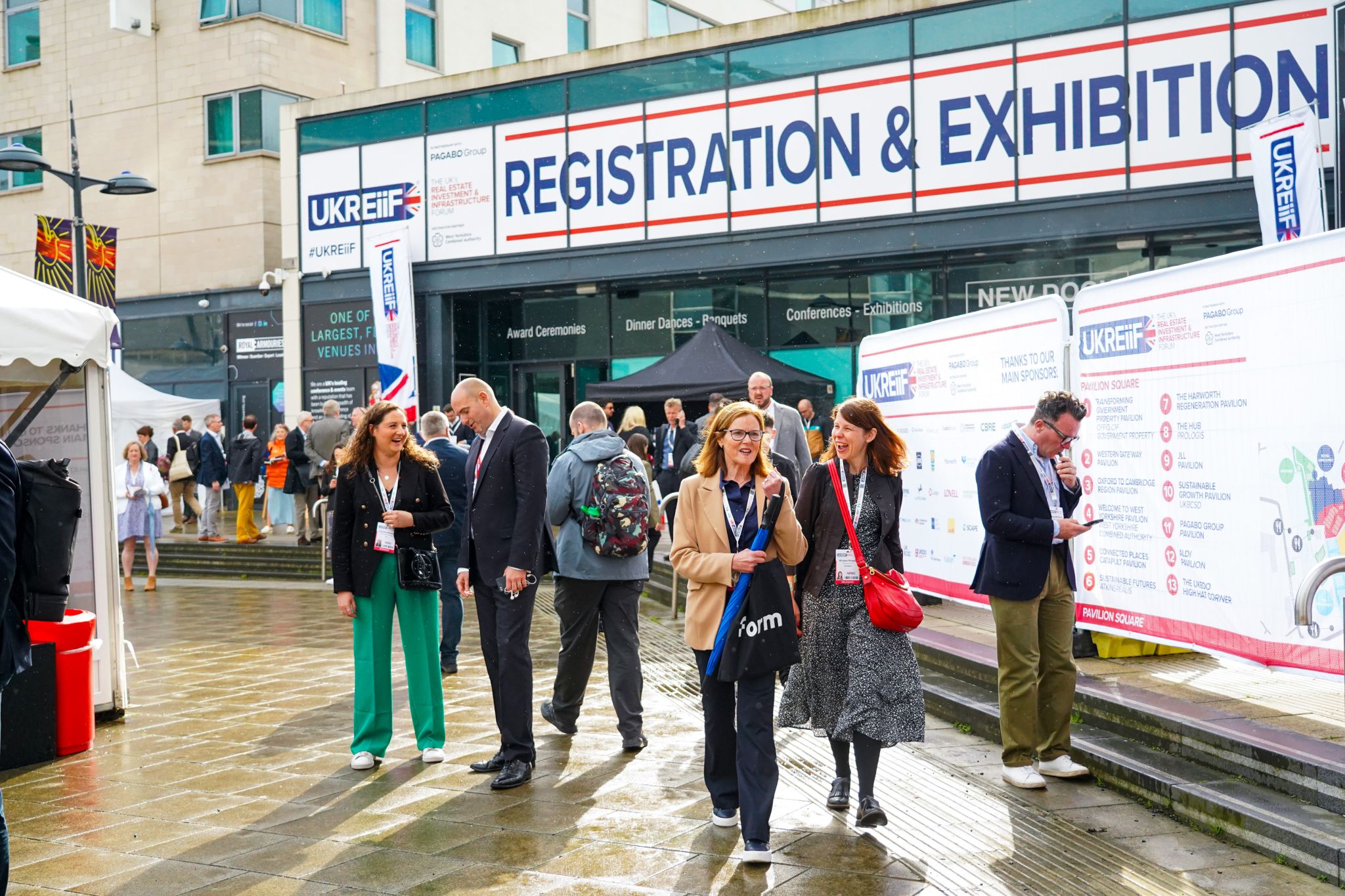At Royal Armouries, we have an enviable reputation for creating a luxurious wedding experience with our warm, hospitable approach while adhering to cultural traditions. We also understand that your wedding day is one of the most important days of your life, and a lot of planning is involved to make it as unique, memorable, and organised as possible. A considerable amount of cultural heritage will be incorporated throughout your wedding, and attention to detail is essential.
Some Pre Wedding Traditions
Rokka ( pre- engagement)
The engagement is one of the most significant events that take place before a Punjabi wedding. The ceremony marks not only the union of the bride and groom but their family and friends. Traditionally gifts of clothes, jewellery and other lavish gifts will be exchanged to celebrate the union of the two families and signify the start of the couple's life together.
The engagement is extravagant. The bride is covered with a Fulkari, a decorative dupatta which is traditionally embellished. Some families will pass down family heirlooms and present the bride with jewellery to be worn on her wedding day. Families will also place a small dot of henna paste on the palm.
The ceremony is then closed by exchanging rings, and the bride's father will apply the Tikka to the groom's forehead to show his approval and acceptance into his family. Traditionally guests will also feed the couple sweets to wish them good luck for the future.
Dholki/ Sangeet
Hosted by the bride's family, the Sangeet is where just a few close members of the groom's family are invited, and they play the Dholki drums and sing traditional songs in which they tease the groom and his family. As times have changed, people hire DJs and have a party, followed by a large dinner. The bride will have her sangeet, which traditionally is a gathering with her bridesmaids and other female members of her family.
Mehendi
This is the last major function before the main wedding celebrations begin and has been known to be blended in with the Sangeet ceremony occasionally. Mehendi artists are invited over to the bride or groom's home and apply intricate, beautiful Mehendi designs to the palms of the female members of the family, the groom and the hands and feet of the bride.
Traditionally an array of bangles and bindis are handed around to the women to choose ones that match the outfit they plan on wearing to the wedding. The artist will usually incorporate the groom's name somewhere within the design, friends and family, then have fun trying to find it once the design is dry.
Rituals at The Wedding Venue
Introductions, also known as Milni
The wedding starts with the formal introduction of male members of the family. Traditionally, in Sikh weddings, there will be the exchange of floral garlands. In the Milni ceremony, female members of the bride's relatives will give Shagun, a token of gold for good luck, to the groom's close relatives in descending order of age. Gifts such as money and clothing are typically exchanged as well.
Jaimala/ Varmala
After the Milni ceremony, the couple comes together surrounded by family, where they place a heavy garland, typically made of flowers - varmala, over the bride and groom to symbolise their acceptance of each other and the love and commitment they have for each other. Relatives then dance and sing around the happy couple to celebrate the union.
Kanyadaan and Phere
In this part of the wedding ceremony, the bride's father places a ring on the groom's finger, followed by giving the groom his daughter's hand; this ritual is commonly known as Kanyadaan. Following this, Pheras begins in front of the Angi, a sacred fire. The groom then places Sindoor (vermilion) to the bride parting, and the Mangalsutra Rasam takes place; this is where the groom ties a beaded necklace around the bride's neck. Once the rituals have been completed, the couple traditionally touches the feet of older family members to seek their blessing for a long, happily married life.
The happy couple then enjoys the rest of their special day, accepting gifts and blessings from family and congregation members. Royal Armouries will be here from start to finish to answer any questions, help with any requests, and offer overall support throughout the ceremony.
Asian wedding venue hire
The main venues we recommend, best for hosting Asian weddings, would be the 250-capacity ground-floor auditorium and the Bury Theatre, which offers a large stage area plus an overlooking gallery for additional attendees. We also suggest our space, ‘New Dock Hall’, which can hold 1500 delegates.
We don’t just offer a beautiful venue that can be adapted, decorated and tailored precisely to your theme and style; we provide on-hand support and experienced staff who will be available to help with any questions or requests you may have on your special day.
Our staff will serve your guests with the knowledge that this is the most important event of your lives, and we want you to know that we are honoured to make your wedding memorable and successful.
Catering and Royal Armouries Taste
From our experience within the industry, we know Asian weddings typically have substantial guest lists. So choosing a wedding venue or event space that can cater to this number of people is essential. Royal Armouries Taste and our excellent staff will be on hand to provide you and your guests with great food, drinks, and service. The full package!
We can work with you to create bespoke catering solutions that meet your specific event requirements. Our head chef is happy to advise and suggest creative ways to accommodate dietary needs or create themed menus for your wedding and guest list. We combine fresh, sustainable, seasonal ingredients with an elegant presentation to ensure your wedding is memorable.
Discover more here.





